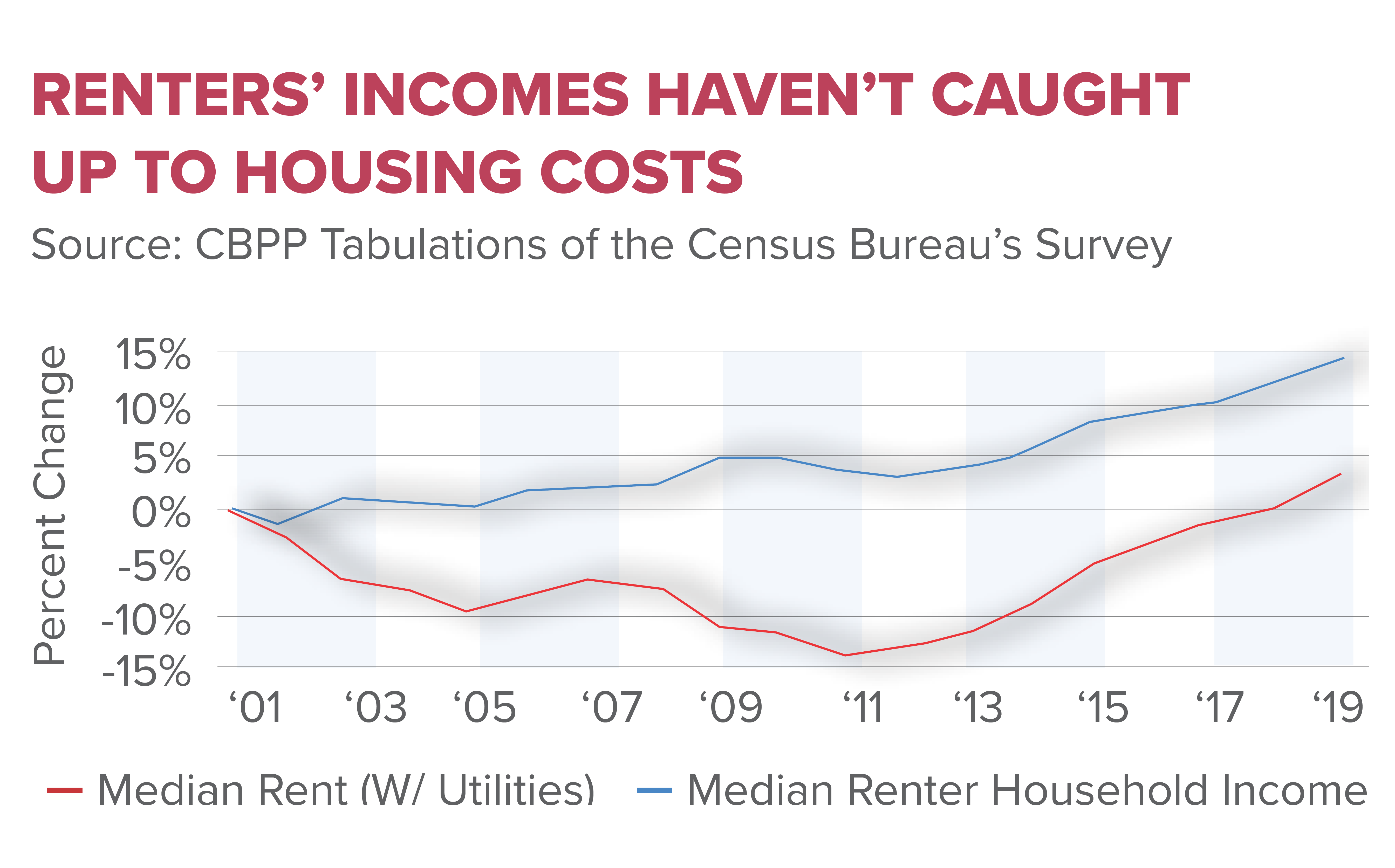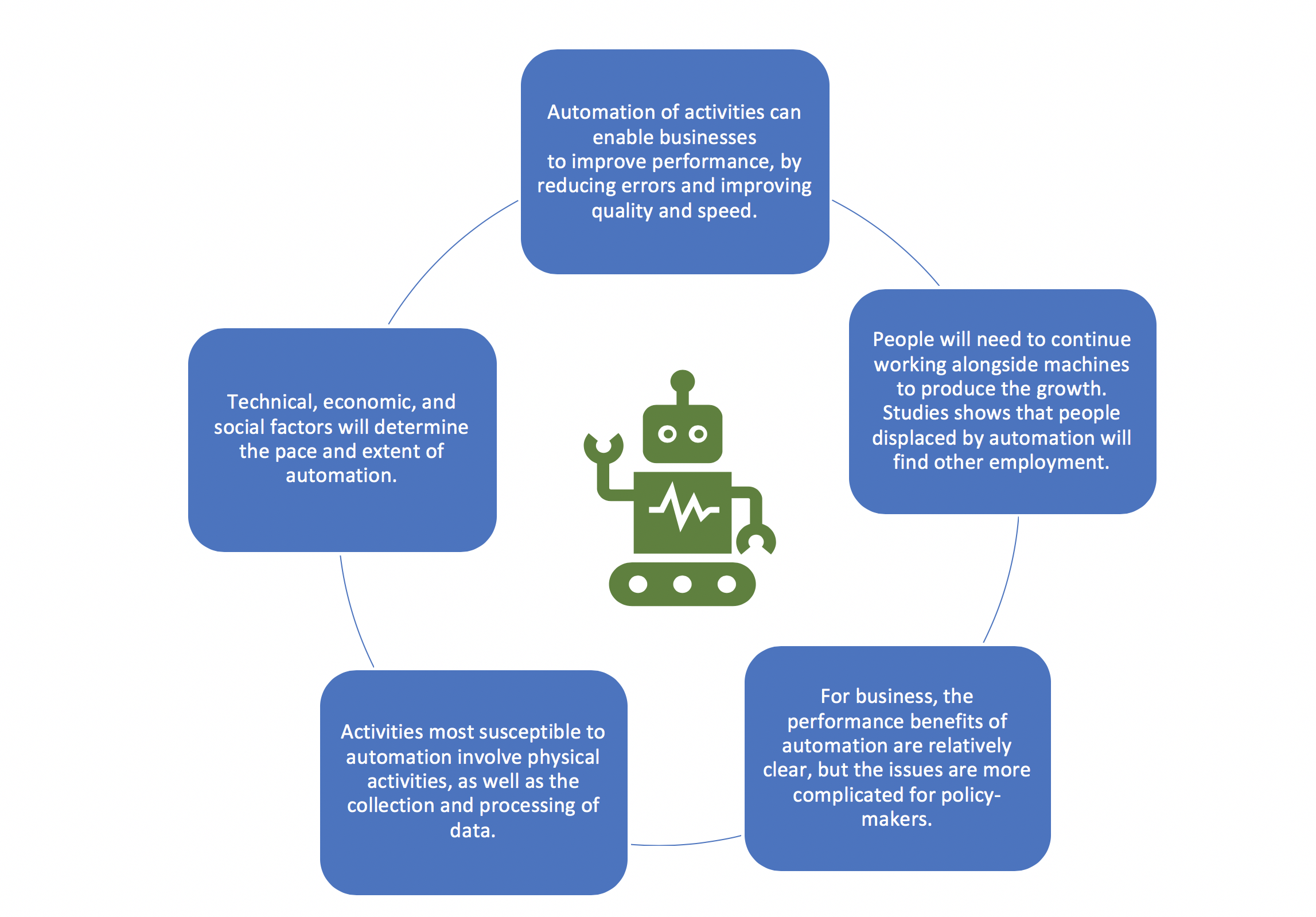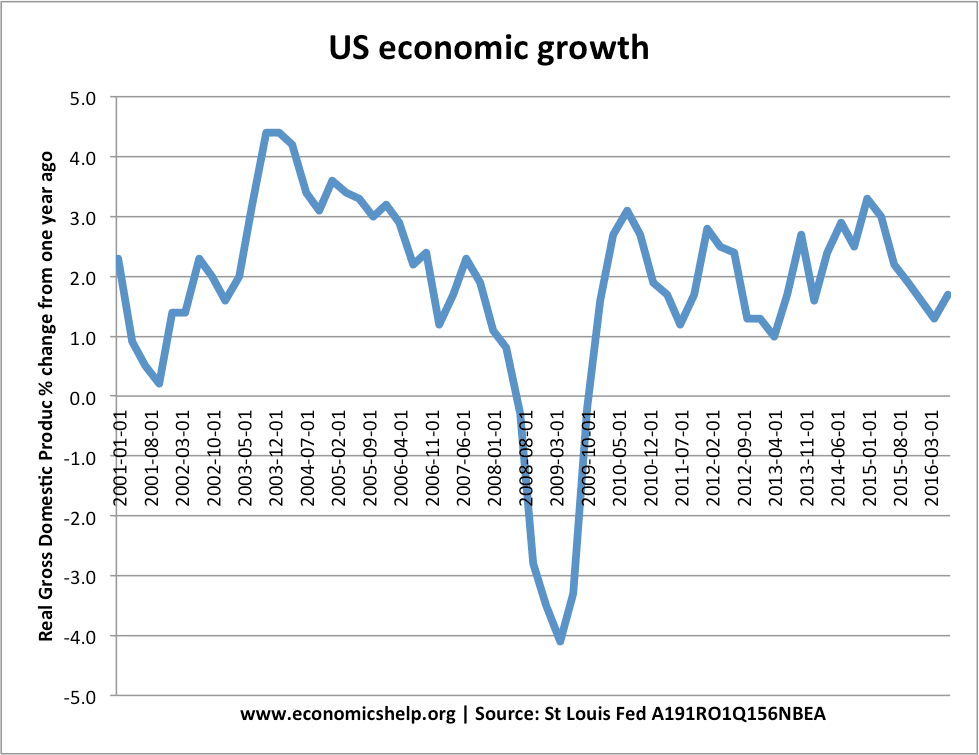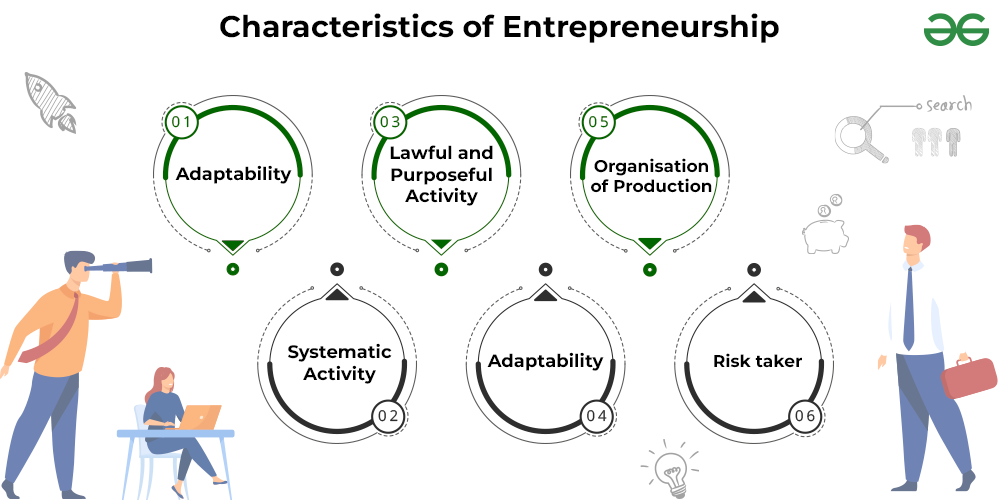Entrepreneurialism has transformed the landscape of work, inspiring countless individuals to take control of their professional destinies. As more people embrace self-employment and freelance work, the idea of working for yourself feels both empowering and daunting. It opens up a world filled with small business ideas and side hustles, allowing individuals to monetize their unique skills and passions. However, this shift also brings its own challenges, as the pursuit of entrepreneurial ventures often leads to a perpetual state of hustle and stress. In an era where traditional job security is waning, understanding the dynamics of entrepreneurialism becomes crucial for navigating a rapidly changing economy.
The concept of becoming an entrepreneur has evolved significantly, resonating with those seeking independence and purpose in their careers. Many now refer to this path as self-employment or freelance work, highlighting the trend where individuals craft unique professional identities outside the conventional 9-to-5 structure. This movement is fueled by a surge in innovative small business ideas and goldmine side hustles that cater to diversified interests and skills. While the notion of working for oneself can be exhilarating, it often comes with the pressure to continuously innovate and adapt in a fiercely competitive environment. Embracing this entrepreneurial spirit is not just a career choice; it’s a lifestyle that emphasizes resilience, creativity, and a proactive approach to one’s economic future.
The Rise of Entrepreneurialism in America
The evolution of entrepreneurialism in America can be traced back to the late 19th century, highlighting a remarkable shift in how people perceived work and their roles within it. As technology advanced and manufacturing began to lessen the demand for labor, many found themselves grappling with a new reality. This marked the beginning of self-employment as a viable alternative to traditional wage labor. Entrepreneurs emerged not only as business owners but also as a diverse group of individuals, including gig workers and freelancers, who sought to carve out their paths in a changing economic landscape.
Today, entrepreneurialism pervades various facets of daily life, encouraging people to embrace their unique skills and passions as they navigate the complexities of work. From the rise of innovative small business ideas to the proliferation of side hustles, Americans are increasingly motivated to be their own bosses. This drive for self-determination in the workforce signifies a cultural shift from a focus merely on job security to the pursuit of personal fulfillment and financial independence.
Self-Employment as a Path to Independence
Self-employment offers individuals the freedom to dictate their work conditions and pursue their passions without the constraints often found in traditional jobs. This option is especially appealing for those looking to create balance in their lives, as it allows for flexible hours and autonomy in decision-making. Freelance work has proliferated, with many professionals opting to forgo conventional employment in favor of engaging in projects that resonate with their interests and skills.
However, self-employment is not without its challenges. Entrepreneurs must navigate the uncertainty of fluctuating income streams and the pressures of constantly generating new business opportunities. Nonetheless, for many, the benefits of pursuing freelance careers far outweigh the risks, leading to greater job satisfaction and a sense of accomplishment. This burgeoning movement represents not just a change in employment preferences but a profound cultural shift, one that emphasizes working for yourself as a means to craft a life aligned with personal values and aspirations.
Freelance Work: The New Norm
Freelance work has emerged as a prominent alternative for people seeking autonomy in their careers. With advancements in technology and the internet, individuals are no longer restricted by geographical boundaries, enabling them to connect with clients worldwide. This paradigm shift allows freelancers to offer their services across various sectors, including marketing, design, writing, and programming, making freelance opportunities more abundant than ever. Furthermore, this environment nurtures creativity, as professionals can explore multiple projects that spark their interest.
While the flexibility of freelance work is enticing, it does come with certain obstacles, such as the inconsistency of work and the challenge of self-marketing. Freelancers must not only master their craft but also develop skills in networking, client communication, and financial management. Nevertheless, the freelance economy continues to flourish as more individuals embrace this way of working, viewing it as a viable route to self-sufficiency and entrepreneurial success. The growing acceptance of freelance work is reshaping the traditional employment landscape, highlighting a collective shift toward valuing flexibility and personal agency.
Exploring Small Business Ideas
The entrepreneurial spirit is often accompanied by a wealth of small business ideas that can cater to niche markets or respond to specific community needs. Entrepreneuring is not limited to tech startups or large-scale enterprises; it can manifest in local cafes, handmade crafts, or wellness services. The beauty of pursuing a small business is that it allows individuals to leverage their unique strengths and experiences while building something meaningful that aligns with their vision.
Moreover, creating a small business can also serve as a fulfilling side hustle option for those who wish to explore their passions while maintaining traditional employment. This dual approach not only diversifies income sources but also enhances overall job satisfaction and personal growth. As more people venture into entrepreneurship with small businesses, the marketplace becomes enriched with innovative products and services, ultimately benefiting consumers and local economies alike.
Side Hustles as a Path to Financial Growth
In recent years, side hustles have emerged as a popular method for individuals to supplement their income while pursuing their primary career goals. These ventures can take many forms, from freelance writing and graphic design to selling products online or offering personal services. As economic pressures rise, many have turned to side hustles to achieve financial security and independence, transforming their hobbies into profitable endeavors. This shift emphasizes the notion that working for yourself can lead to greater financial freedom and emotional fulfillment.
Side hustles also provide a unique space for individuals to experiment with new skills and entrepreneurial ideas without the pressures of operating a full-scale business. They allow for creativity and innovation, often leading to unexpected opportunities or even the transition to full-time entrepreneurship. In a rapidly changing job market, side hustles offer a safety net, fostering resilience and adaptability among workers who are increasingly seeking varied income streams.
Navigating the Challenges of Entrepreneurialism
Despite the allure of entrepreneurialism, many individuals face significant challenges while pursuing their dreams. From the risk of financial instability to the mental strain associated with constant self-evaluation, the entrepreneurial journey can be both exhilarating and exhausting. Many aspiring entrepreneurs must contend with the fear of failure, especially when their livelihood depends on their ability to create and sell a product or service successfully.
Moreover, the pressure to maintain a constant hustle can lead to burnout, as the lines between work and personal life blur. This phenomenon is particularly pronounced among freelancers and sidepreneurs, who frequently toil to secure their next project while balancing their commitments. To navigate these challenges, it’s crucial for individuals to focus on self-care, set realistic expectations, and foster a supportive network that can provide guidance and encouragement throughout their entrepreneurial journey.
The Psychological Impact of Working for Yourself
Working for yourself can have profound psychological implications, shaping how individuals perceive themselves and their professional identities. For many, the leap into entrepreneurship signifies a shift from a fixed mindset, where one’s worth is determined by job titles and salaries, to a growth mindset that prioritizes personal development and accomplishment. This new perspective encourages individuals to pursue their passions and invest in their skills, resulting in greater self-esteem and job satisfaction.
However, the psychological toll of entrepreneurialism should not be overlooked. The constant pressure to innovate and remain relevant can lead to feelings of anxiety and isolation. Many entrepreneurs, especially those who work alone, may experience loneliness that stems from the solitude often accompanying self-employment. Recognizing these emotional challenges is integral to achieving long-term success in entrepreneurial endeavors, and finding a balance between ambition and mental well-being is essential for sustainable growth.
The Role of Education in Fostering Entrepreneurial Skills
Education plays a pivotal role in nurturing entrepreneurial skills and mindsets. As the demand for self-employment grows, many educational institutions are adapting curricula to incorporate entrepreneurship training, equipping students with the knowledge and tools needed to succeed in this new economy. From workshops on business planning to courses on marketing and finance, aspiring entrepreneurs can learn invaluable skills that support their ventures.
Moreover, fostering a culture of entrepreneurial-mindedness among students can create a generation of individuals who are not only prepared for traditional careers but also equipped to navigate the gig economy and trends in self-employment. This mindset encourages adaptability, critical thinking, and creative problem-solving, essential attributes for anyone looking to thrive in today’s rapidly evolving job landscape.
Future Trends in Entrepreneurialism
Looking ahead, the landscape of entrepreneurialism is poised for transformation as technology continues to evolve. Digital platforms will likely facilitate new business models and opportunities, fostering even greater innovation in freelance work and side hustles. Additionally, the rise of remote work will empower individuals to work from virtually anywhere, further encouraging the pursuit of entrepreneurial ventures in diverse environments.
Furthermore, as societal attitudes continue to change regarding work-life balance and job satisfaction, we can expect a shift in focus toward creating meaningful, purpose-driven businesses. The emphasis on wellness and sustainability will become increasingly important, as people seek to align their entrepreneurial endeavors with their values. This evolution not only reflects the dynamics of the economy but also signifies a growing desire for individuals to craft fulfilling careers that contribute positively to their communities and the world.
Frequently Asked Questions
What is entrepreneurialism and how does it relate to self-employment?
Entrepreneurialism refers to the practice of starting and managing new businesses or projects, often emphasizing innovation and risk-taking. It closely relates to self-employment, as many entrepreneurs work for themselves rather than for traditional employers, allowing them to be their own boss and pursue their business ideas.
How can freelance work enhance my entrepreneurial journey?
Freelance work can significantly enhance your entrepreneurial journey by allowing you to build a diverse portfolio, gain valuable experience, and develop a personal brand. It provides flexibility and enables you to test different business ideas without significant startup costs.
What are some popular small business ideas for aspiring entrepreneurs?
Many aspiring entrepreneurs consider small business ideas like online retail, consulting services, digital marketing, or creative agencies. These ventures often require less capital and can be started from home, making them accessible for new business owners.
Can side hustles contribute to a successful entrepreneurial career?
Yes, side hustles can greatly contribute to a successful entrepreneurial career. They allow you to explore your passions, test the market for a potential business, and even generate additional income while minimizing financial risk associated with launching a full-time startup.
What skills are essential for thriving in entrepreneurialism?
Essential skills for thriving in entrepreneurialism include strong communication, financial literacy, problem-solving abilities, and adaptability. Additionally, creative thinking and networking skills are vital for developing and promoting your business.
How does working for yourself impact personal growth and satisfaction?
Working for yourself through entrepreneurial ventures often leads to significant personal growth and satisfaction. It fosters independence, boosts confidence by overcoming challenges, and allows for pursuing passions that align with your values.
What challenges do entrepreneurs face in the freelance economy?
Entrepreneurs in the freelance economy face challenges such as income instability, lack of benefits, time management, and the need for self-promotion. Navigating these obstacles is crucial for sustaining long-term success and ensuring steady income.
Is entrepreneurialism a viable option for career switching?
Yes, entrepreneurialism is a viable option for career switching. Many individuals transition into entrepreneurship to pursue their passions, fulfill unmet needs in the market, or escape unfulfilling traditional job roles, leading to more meaningful careers.
| Key Point | Description |
|---|---|
| Entrepreneurialism in America | A historical shift in American work culture emphasizing self-employment and innovation. |
| Definition Evolution | The concept of entrepreneurialism has expanded from business founders to various roles including intrapreneurs, solopreneurs, and life coaches. |
| Cultural Shift | Post-Industrial Revolution, Americans turned towards entrepreneurialism as traditional jobs became scarce due to technological shifts. |
| Impact of Economic Stress | Times of economic downturn, such as the Great Depression, spurred a rise in odd jobs and personal business pursuits. |
| Self-Help Influence | Self-help literature has played a significant role in promoting entrepreneurial mindsets, advocating for individual creativity and personal branding. |
| Psychological Emphasis | In the mid-20th century, psychologists framed entrepreneurship as critical for societal improvement. |
| Perpetual Risk | Today’s culture of entrepreneurialism glorifies risk and anxiety, leading to a constant state of unease among individuals. |
Summary
Entrepreneurialism is reshaping the landscape of work in America, promoting self-determination and personal expression in a way that profoundly changes how individuals relate to their careers. Erik Baker’s insights highlight how this shift began in reaction to economic changes and has evolved into a cultural norm that embraces risk and the personal quest for meaning in work. As more people transition to freelance and entrepreneurial roles amid technological advancements, understanding the historical context and cultural implications of entrepreneurialism becomes vital for both current and aspiring professionals.









